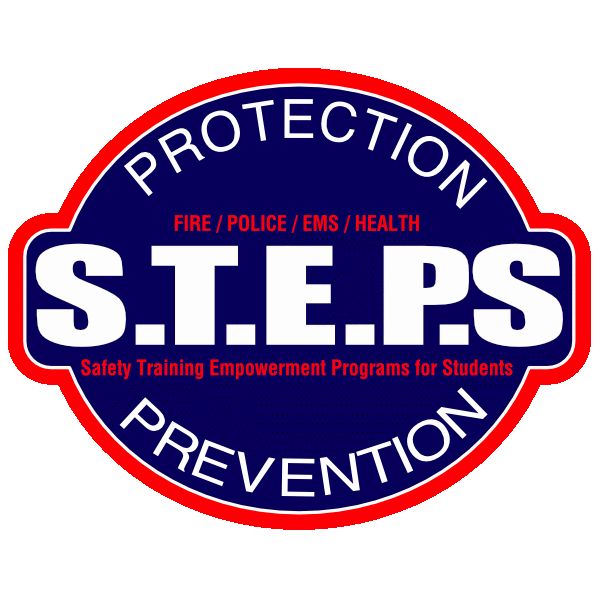
For nearly four decades the founder of STEPS was an ambulance paramedic. That man was Jim Boyd. During his career, he witnessed the profound grief of many families who struggled withthe loss of a young person from accidents and or illness. Having testified at many court hearings he also knew that colleagues in law enforcement and the justice system were frustrated in their efforts to steer youth away from criminal pathways. He never stopped believing that much more could be done to guide young people.
On his retirement from EMS, he worked for nearly another decade with leading experts and professionals from many fields to develop a comprehensive training system to assure that every teenager would have a way to receive quality and evidence-based prevention education.
He said that "in today's world this knowledge is crucial to ensure the safety, security and good health of adolescents. We cannot assume that young people will get proper information, education, and training in these critically important areas".
He went on to say that "teenagers represent the highest risk age group in several categories like road, workplace and recreational accidents, unplanned pregnancies, sexually transmitted infections, depressive disorders ( including substance abuse induced mental illness), suicidal ideation, and more. We know that we must do more, better, to provide life safety and wellness education for all youth".
By the time a young person is old enough to enter the workforce, drive, drink alcohol, or enjoy the things that adults do, too many believe that they have mastered these things and have no need for improvement. Too often beginning drivers and workers bring poor habits with them behind the wheel or to the workplace. These habits, coupled with inexperience and lack of proper training can get them badly injured or killed.
While there are many other websites and sources of information available to teenagers, most focus on only one particular prevention issue. STEPS provides education in a few critical areas. Boyd said; "while we were developing STEPS we knew that most people do not believe they are at risk and therefore don't study prevention, preparedness, or safety information. These things are quite boring and cannot compete for any person's time on the internet. There is simply too much other interesting material competing for our attention. To make participation worthwhile for youth we knew that we had to offer teenagers the best deal anywhere. We had to reward participants".

